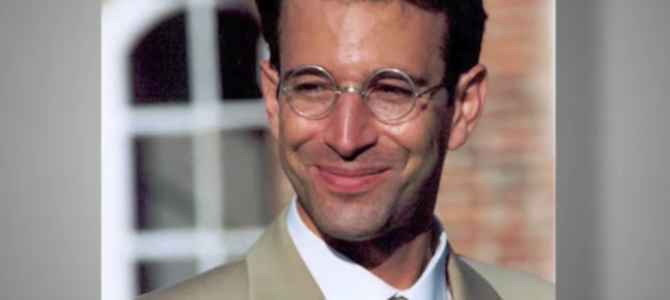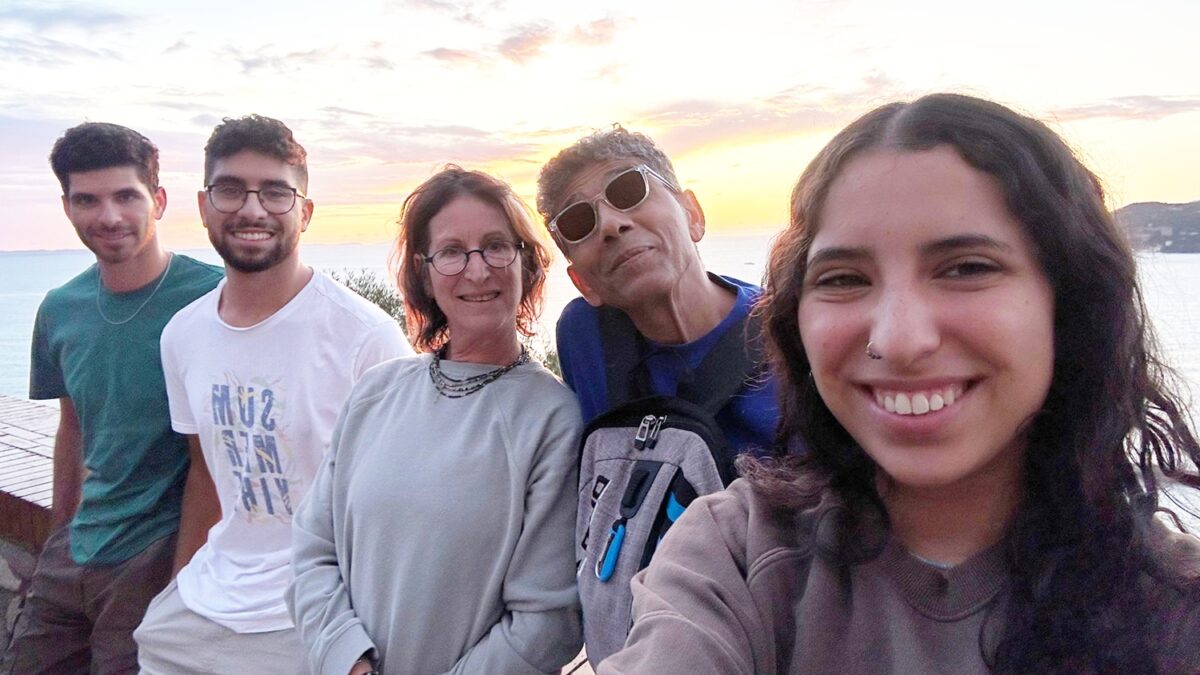
News came Thursday that a Pakistani court has overturned the murder conviction and death sentence of Ahmed Omar Saeed Sheikh, the British-born jihadi convicted of murdering the journalist Daniel Pearl in 2002.
The ruling is a jarring reminder that for all the evils of nature—Pakistan currently has the highest number of coronavirus cases in South Asia—the evils of man are darker, and know no limits. For readers who are too young to remember, or who have forgotten, the 38-year-old Pearl was kidnapped and beheaded by Islamic jihadis in January 2002, just months after 9/11.
When the planes hit the towers, Pearl was the South Asia Bureau Chief for the Wall Street Journal, working out of Mumbai, India. He soon relocated to Karachi, Pakistan, to report on Pakistani militant groups with links to Al Qaeda. Sheikh lured Pearl with the promise of an interview with an Islamic cleric who had connections to Richard C. Reid, the infamous “shoe-bomber” who was arrested in December 2001 on a flight from Paris to Miami with plastic explosives in his shoes.
Instead, Sheikh kidnapped Pearl, who was soon executed. His killers made a snuff film of the execution. No one realized it at the time, but it would be among the first of many such jihadi videos in the years to come. But Pearl’s executioners didn’t just decapitate him. After sawing off his head they hacked the rest of his body into pieces, washed the floor and knelt down to pray. Al-Qaeda later released the video under the title, “The Slaughter of the Spy-Journalist, the Jew Daniel Pearl.”
Pearl’s gruesome murder shocked the world, which hadn’t yet become accustomed to this kind of brutality. The planes hitting the towers was one thing—and horrible, to be sure. But it wasn’t as personal or intimately violent as beheading a man and releasing a videotape of it to the world.
The plot doesn’t stop there, though. American officials believe Khalid Shaikh Mohammed, the Al Qaeda leader and mastermind of 9/11, wielded the knife in the videotape. KSM was caught in 2003, and during one of many brutal CIA interrogations (he was reportedly waterboarded 183 times in the first month of his captivity) he confessed to killing Pearl. Later, he bragged about it in Guantánamo.
There wasn’t much evidence of KSM’s culpability until the release of a 2011 report by the Pearl Project, a collaboration of students, faculty, and journalists at Georgetown University led by Pearl’s friend and erstwhile colleague Asra Q. Nomani. By examining previously unknown evidence and using a process called vascular technology, they were able to analyze the videotape of Pearl’s execution and match the veins on the hand of the killer with KSM.
That’s the backstory. As for Sheikh, no one seriously believes he was not part of the conspiracy to kill Pearl. If Sheikh didn’t wield the knife himself, he undoubtedly knew what fate awaited Pearl, and handed him over willingly to KSM.
During his eighteen years in prison, Sheikh has not fit the profile of a man wrongfully convicted. After a 2008 terrorist attack in Mumbai, he somehow placed a call to Pakistan’s president, pretending to be the Indian foreign minister and warning of an impending attack by India. In 2016, Pakistani authorities foiled a jihadi plot to free him from prison.
That he has been freed should serve as a warning, and a reminder. The Pearl case was in a way a mini-drama of the entire sweep of radical Islamic terrorism and post-9/11 counterterror operations to come. Like 9/11, it helped awaken the West to historical currents we barely knew were running—jihadism, anti-Semitism, anti-Americanism, all of it captured in what Christopher Hitchens often called “Islamofascism.”
Hitchens once said that anti-Semitism isn’t just the enemy of the Jewish people but “the common enemy of humanity and of civilization, and has to be fought against very tenaciously for that reason, most especially in its current, most virulent form of Islamic Jihad.” He noted that Sheikh, Daniel Pearl’s “revolting murderer,” was educated at the London School of Economics. Hitchens’ point, which he made over and over again in the years after 9/11, was that this horrible thing, Islamofascism, wasn’t a distant threat from a faraway land. It was from and of the West as much as the Mideast, a toxic melding of modern fascism and Islamic zealotry.
That was true when Pearl was executed in 2002, and it’s true today. The freeing of his killer this week should be a reminder that this evil will never just go away on its own. It must be torn out, root and branch, wherever it was found.









